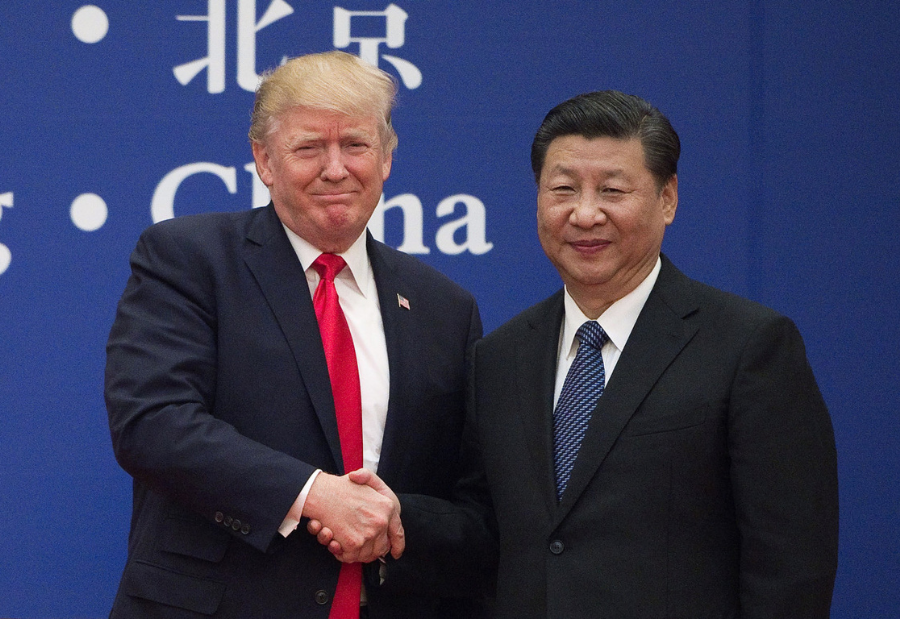For a nation that prides itself on independence, Britain has surrendered much of its digital sovereignty without a murmur. The data that powers its economy, healthcare and public services now sits largely on servers owned by a handful of American technology giants. Amazon Web Services and Microsoft Azure are the quiet custodians of Britain’s digital life. In an era where information is power, that is not just a technical issue but a strategic one.
This dependence would matter less if the UK had a clear cloud strategy. Instead, it has a tangle of policies that look reactive rather than visionary. While European neighbours push for technological autonomy through initiatives like Gaia-X, Britain remains a customer in someone else’s system. The government speaks proudly of digital transformation yet rarely of ownership or control.
Curiously, the private sector seems to grasp the issue better. Lidl, the supermarket chain, is building its own cloud technology to handle logistics and data internally. When a grocery retailer shows more foresight than a government, it highlights a gap in national thinking. The message is simple: control of infrastructure equals control of destiny.
At a University College London debate, Mike Bracken, former head of the Government Digital Service, argued that the UK need not worry about who owns the cloud. He suggested that open standards could deliver the benefits of cloud computing without the need for domestic infrastructure. It is an appealing notion but it misses the heart of the problem. Open standards are valuable but they do not remove dependency. Sovereignty means being able to act independently even when global systems falter.
The risks of relying on foreign-owned infrastructure are not hypothetical. Cloud outages have already grounded airlines and disrupted hospitals worldwide. In a crisis, the UK could find its critical systems subject to the priorities or limitations of companies headquartered thousands of miles away. True sovereignty is not just the right to set policy. It is the power to carry it out without needing permission.
Supporters of the current model often cite efficiency. They claim there is no sense reinventing the wheel when global tech firms already offer fast reliable solutions. Yet efficiency can be a fragile virtue. It works beautifully until it breaks. Outsourcing convenience may save money today but it weakens resilience tomorrow.
Britain needs a national plan that marries efficiency with independence. A public-private consortium using open-source technology and domestic data centres would give the UK both flexibility and security. Such a move would not exclude foreign firms but it would ensure that essential data and services remain under British jurisdiction. It would also spark innovation within the country’s own tech sector rather than leaving it as a perpetual consumer of others’ systems.
The irony is hard to miss. The nation that once built ships and telegraphs linking continents now rents space in foreign servers to run its hospitals and tax portals. Political leaders talk of taking back control yet overlook the one domain that now defines modern power. In the twenty-first century, sovereignty is not defended by armies but by algorithms and infrastructure.
Until Britain recognises that, its rhetoric of independence will ring hollow. The ability to govern effectively in the digital age depends not only on good policy but on control of the cloud that makes policy work. It is time the UK stopped renting its digital future and started building it.
Also read: Viksit Workforce for a Viksit Bharat
Do Follow: The Mainstream formerly known as CIO News LinkedIn Account | The Mainstream formerly known as CIO News Facebook | The Mainstream formerly known as CIO News Youtube | The Mainstream formerly known as CIO News Twitter |The Mainstream formerly known as CIO News Whatsapp Channel | The Mainstream formerly known as CIO News Instagram
About us:
The Mainstream formerly known as CIO News is a premier platform dedicated to delivering latest news, updates, and insights from the tech industry. With its strong foundation of intellectual property and thought leadership, the platform is well-positioned to stay ahead of the curve and lead conversations about how technology shapes our world. From its early days as CIO News to its rebranding as The Mainstream on November 28, 2024, it has been expanding its global reach, targeting key markets in the Middle East & Africa, ASEAN, the USA, and the UK. The Mainstream is a vision to put technology at the center of every conversation, inspiring professionals and organizations to embrace the future of tech.




